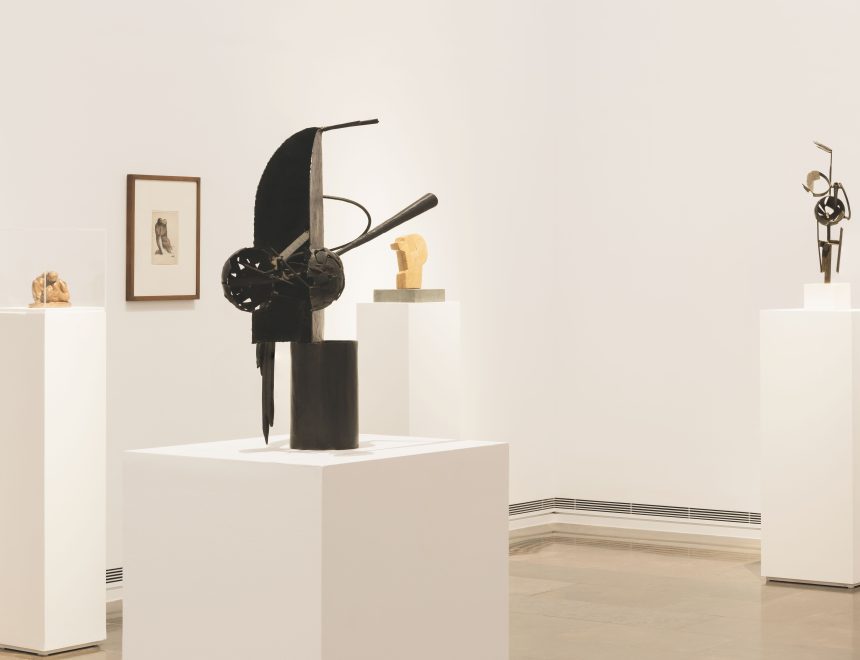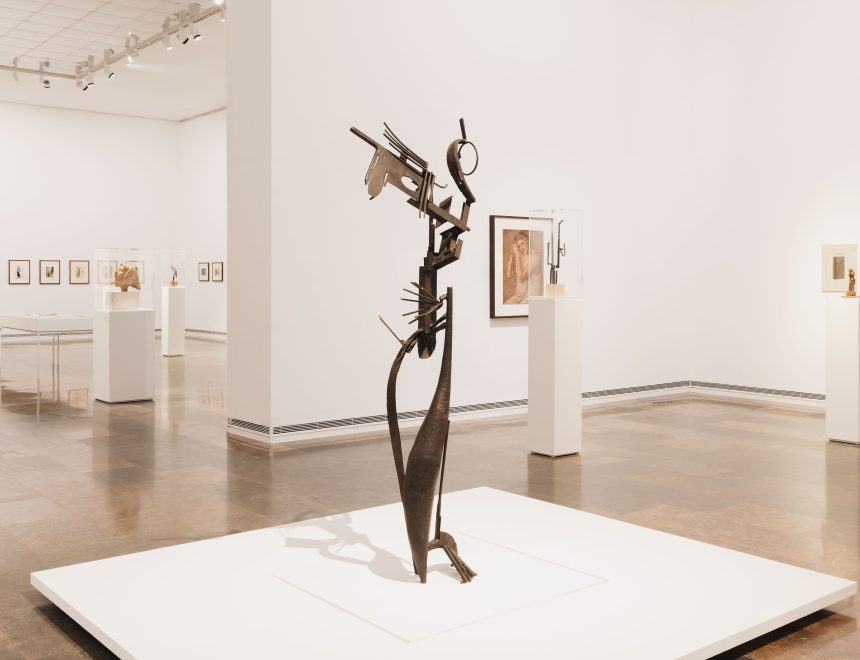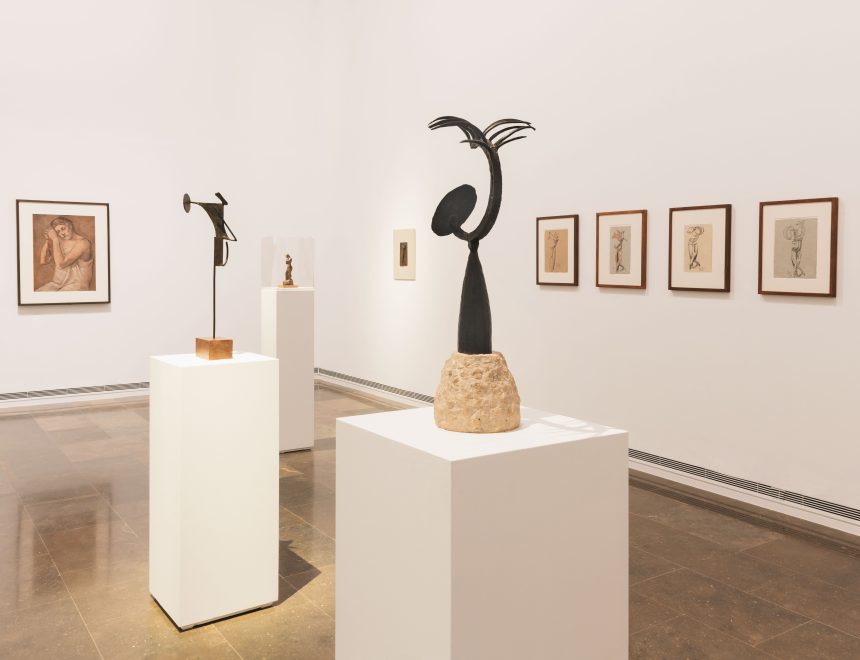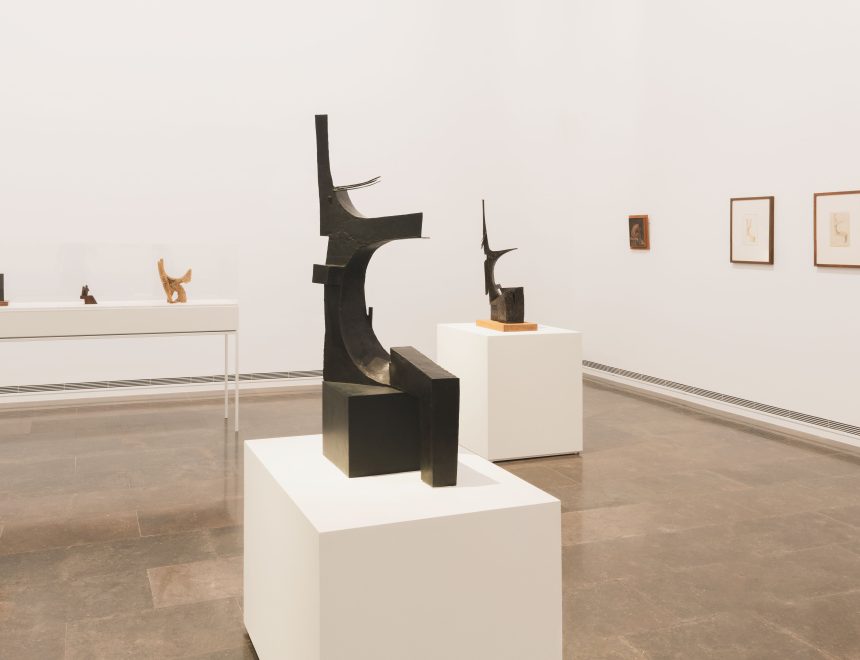Being an Artist. Julio González
Curated by Juan José LaHuerta
The historian and art and architecture critic, Juan José Lahuerta, will be the specialist in charge of reviewing the Julio González resources from the IVAM Collection to cast new light on this great artist’s work, moving away from certain myths about his life and his works that have persisted since the middle of the last century.
As the curator has said: “You just need to take a look at the books and manuals that have been used to write the history of modern art since the 1930s – largely through the exhibitions that the MoMA systematically assigned to the vanguards, designed to build a history organised in clearly established categories and strict genealogies -, and the consequences of this process in 1950s ‘triumphant’ New York. This meant the decontextualization of the European vanguards of the 1920s and 30s, subjected to an exclusively formalist judgement which has a single redemptive purpose: abstraction to which, necessarily, modern art tends towards in its culmination”.
According to Juan José Lahuerta, the work of Julio González falls victim to the historiographical construction of modern art and of the vanguards – or the Modern movement -, which is projected throughout his work, deforming it from the vantage point, firstly, of its supposedly (more) abstract era and, secondly, from its recovery in the 1950s, when the history of modern art was reviewed in terms of decontextualization, formalism and a command of the abstract. The life of Julio González and the supposed periods or stages of his work are written as a statement on these topics.
Hence, this new presentation of his work will be based on a study of the collection without the prejudice of operational history: forgetting González to discover its complexity, as a piece of art and as a collection. Considering all of the “stages”, all of the “themes” and all of the “arts” as equal, in the contexts given to us by the extraordinary archive materials (documents, photographs, etc.), and the history of their eras.






